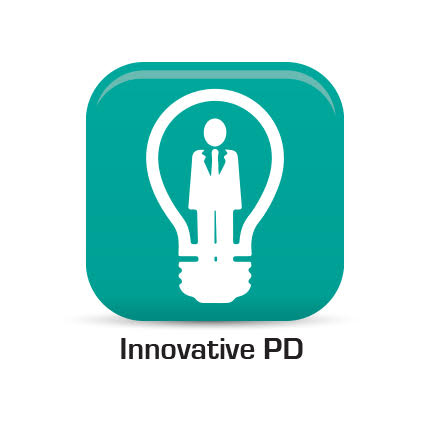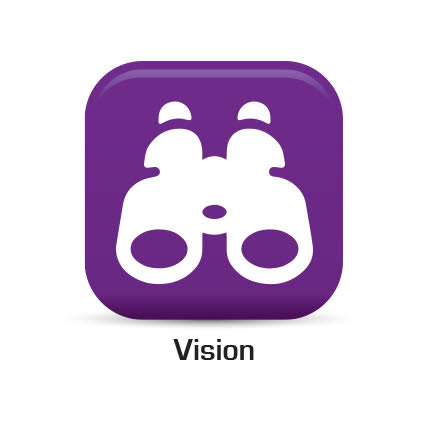Health Assessments
Health Assessments
For More Information Contact:
| Alexandrea Bodenberg Health Education Consultant Phone: 231-767-7310 Contact Alexandrea Bodenberg via email |
Lea Streblow Administrative Assistant Phone: 231-767-7339 Contact Lea Streblow via email |
Healthy School Action Tool (HSAT)
Comprehensive tools designed to help Michigan schools and districts create a culture that supports learning by first measuring the health of school environments, and then planning and implementing improvements based on best practices.
Michigan Merit Curriculum-Health Education Competency Assessment
Michigan Merit Curriculum—Health Education Competency Assessment (MMC-HECA) was developed to provide teachers with a high-quality, fair, and rigorous end-of-course student assessment, measuring student proficiency in the state health education guidelines (Michigan Merit Curriculum). It may also be used as a waiver exam for students requesting to test-out of health education. Based on the national Health Education Assessment Project (HEAP), the assessment includes 73 assessment items. A security agreement must be signed by teachers and returned to the regional school health coordinator before the assessment can be released.
Michigan Profile for Healthy Youth
The Michigan Profile for Healthy Youth (MiPHY) is an online, anonymous student survey that assesses risk behaviors, risk factors, and protective factors of students in grades 7, 9, and 11. The survey asks students to self-report behaviors and attitudes about alcohol, tobacco, and other drug use, violence, safety, sexual behavior, physical activity and nutrition. County level online reports are available to help communities and schools make data-based decisions and plan targeted interventions.
Michigan Youth Risk Behavior Survey
The Michigan Youth Risk Behavior Survey (YRBS) is part of a nationwide surveying effort led by the Centers for Disease Control and Prevention (CDC) to monitor students' health risks and behaviors in six categories identified as most likely to result in adverse outcomes. These categories include unintentional injury and violence, tobacco use, alcohol and other drug use, sexual behaviors that contribute to unintended pregnancy or disease, dietary behaviors, and physical inactivity.
Additional resources are provided via email request. To make a request via email, please use the HELP button.


